- Dominic Hernandez
- Community, Healthy Living, Show on VR homepage, Trending
Why your baby isn’t sleeping
A list of reasons your baby can’t catch some Z’s, and how to fix it
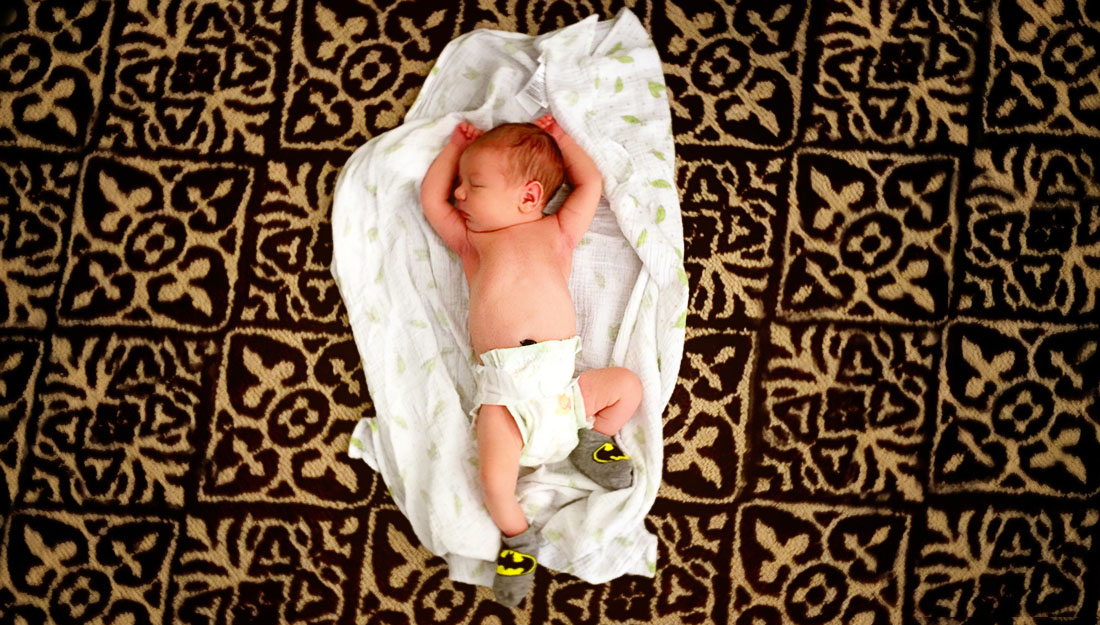
“Sleep when the baby sleeps.” New parents have heard this tried-and-true advice from concerned onlookers on many occasions and, in theory, it sounds great. But for sleep-deprived parents of babies that refuse a little shut eye, it’s like nails on a chalkboard. Here’s a list of reasons your baby isn’t sleeping, along with simple solutions so both you and your baby can catch some Z’s.
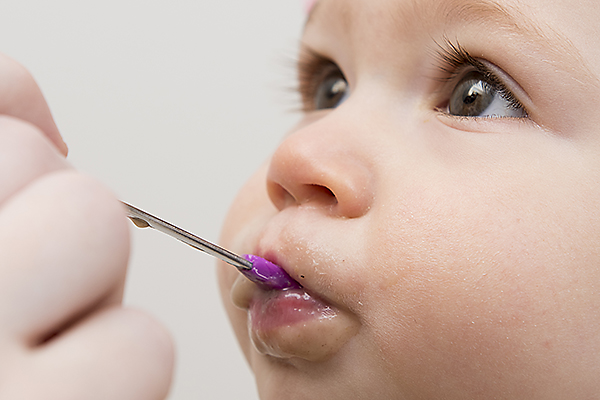
They’re hungry
The most common reason your baby wakes up in the night is hunger. Babies appetites can vary, and if they’re hungry during they night, they’re sure to let you know about it. If a baby is having a growth spurt, the body may require more food than usual. They also may just be having a hungry day—we’ve all had those.
Still, be sure you don’t fall into the habit of putting your baby down with a bottle, as that can lead to some dental problems.
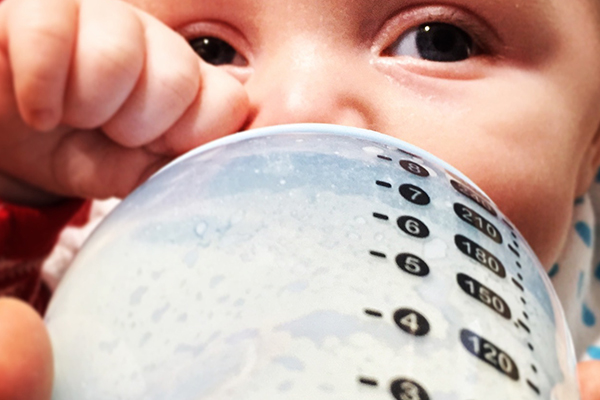
They’re thirsty
Have you ever woken up in the middle of the night with a very dry mouth and the taste of chalk? This happens quite a bit, especially if it’s hot outside or dry inside. Keep your baby nourished and well hydrated throughout the day, and don’t be afraid to give your baby a drink of water in the middle of the night—after you’ve talked with your health care provider (if your baby is under 6-months-old).
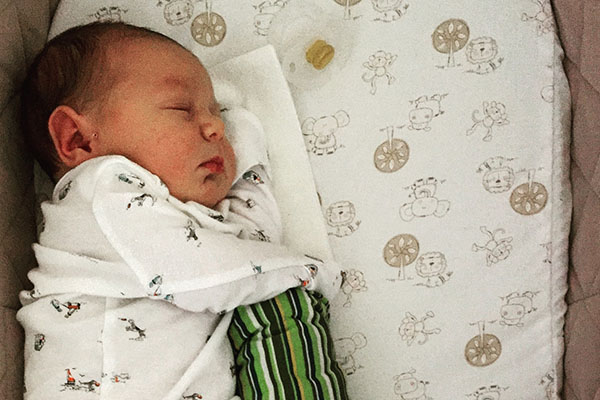
They need a change of routine
If your baby had been taking three naps a day and just can’t seem to fall asleep during the night, then maybe it’s time to dial it back to two naps per day. If that doesn’t work, consider shifting your baby’s feeding schedule, such as feeding them earlier before going to sleep for the night.
All babies are different, but they do go through routine changes as they get older. Be aware of any changes they are making in their routines, or try creating the changes yourself. Do what works for your baby, but don’t be afraid of change.
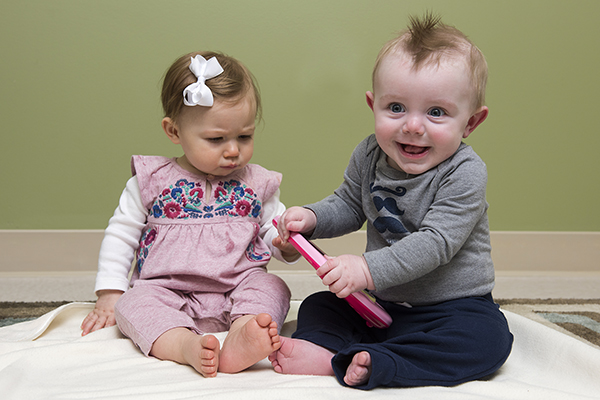
Your baby is too excited
Your little bundle of joy can have such a full tank, and like those fuel-efficient cars, they can run all night. Similar to adults, a stimulating activity before bed, such as playing with toys or watching a video, can cause them to be more energetic instead of sleepy.
Try switching their bedtime environment to one more cozy. Give them a soothing lullaby or story before bed to help them wind down—routines at bedtime can make a world of difference.
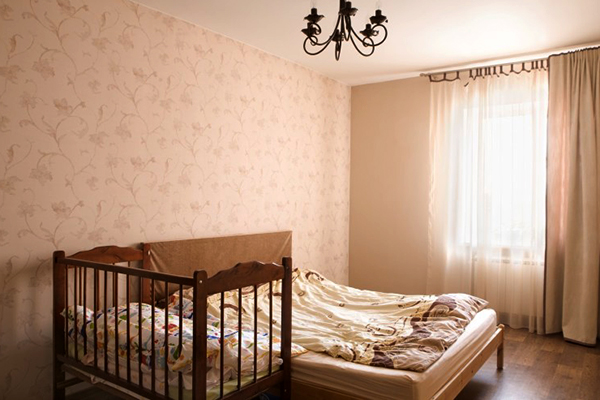
Your baby misses you
Children don’t spend a lot of time in solitude. Most of their day is in a social environment, and sometimes they can get fussy if they are away from their parents for too long—even during the night.
If your baby seems to get too attached, try bringing their crib into your room for awhile and see if that helps. Sleeping in the same bed as your baby isn’t recommended.
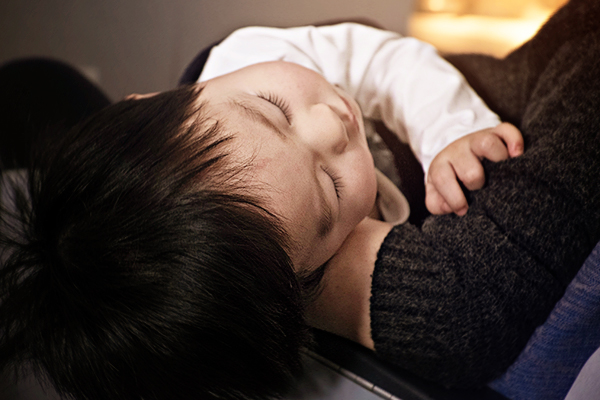
Your little one may be sick
Babies love to explore, and one way babies discover their environment is by putting objects in their mouths. Children’s environments, and their developing immune systems, can lead to germs and bacteria taking hold. There are many different illnesses that adults may be immune to that can affect your child.
If your little one has a fever—over 100.4 in children under 3-months-old, over 101 degrees in children 3 months to 6 months and over 102 in children over 6 months—then be sure to contact your health care provider. Be sure to watch for a change in habit, such as excess intense crying or trouble feeding, as they could be signs of an underlying condition. When it comes to your child’s health, it’s best err on the side of caution.
Media contact: media@tamu.edu


